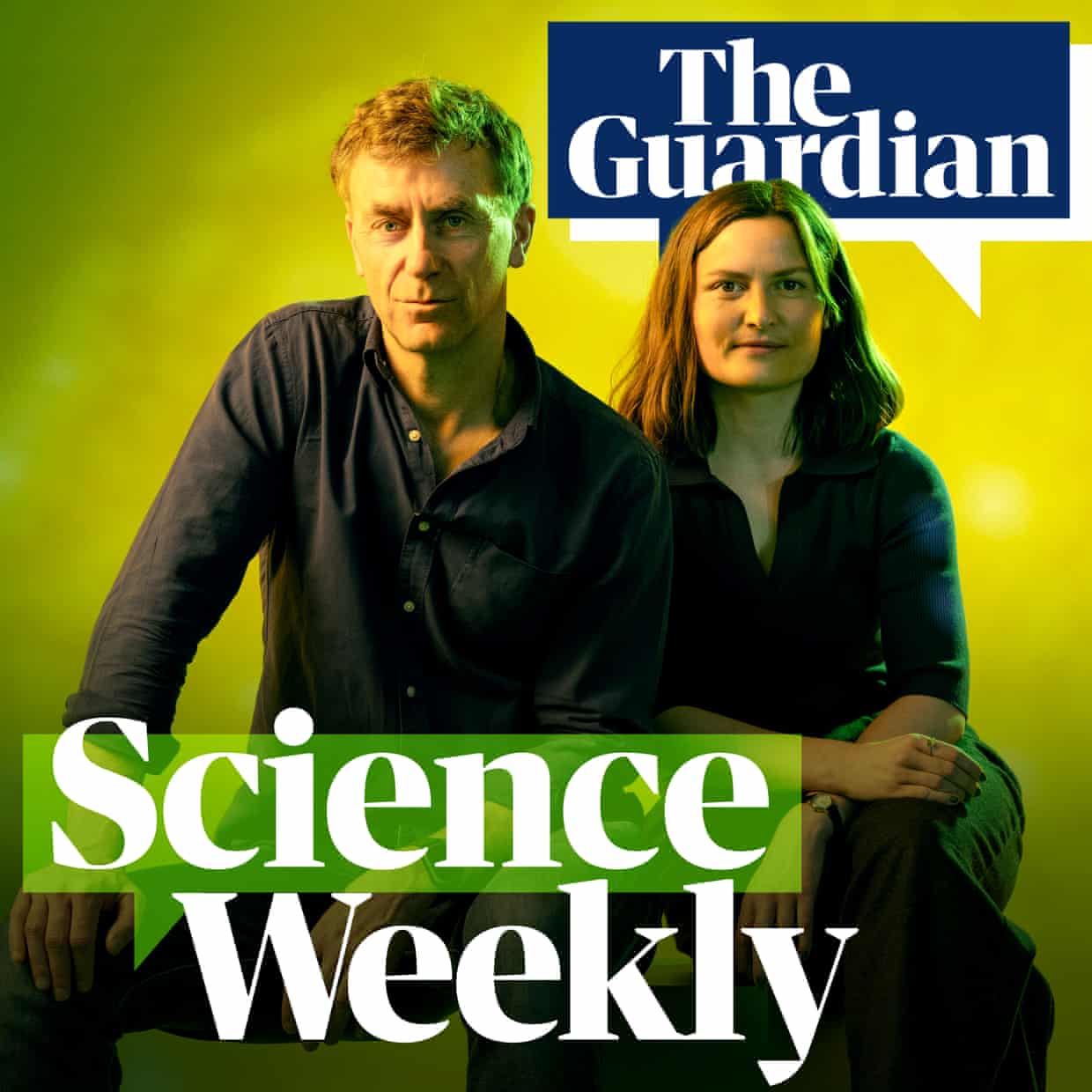Science
Global Seed Bank Safeguards Biodiversity for Future Generations

The Svalbard Global Seed Vault, commonly known as the “Doomsday Vault,” plays a critical role in preserving the world’s agricultural diversity. Located in Norway, this facility stores over 1 million seed samples from various crops, ensuring that they can be retrieved for future use in the face of global challenges such as climate change, conflicts, and natural disasters.
Constructed in 2008, the seed vault is situated on a remote island in the Arctic Circle. Its purpose is to provide a secure backup for gene banks worldwide, which are often vulnerable to environmental and political disruptions. The facility is designed to withstand catastrophic events, with its deep underground chambers offering protection against both natural and human-made threats.
Global Cooperation for Agricultural Resilience
The Svalbard Global Seed Vault operates under the auspices of the Global Crop Diversity Trust and the International Institute of Tropical Agriculture. These organizations, along with support from the United Nations, emphasize the importance of safeguarding genetic resources that are vital for food security. With the global population projected to reach nearly 10 billion by 2050, the preservation of crop diversity has never been more urgent.
Seeds stored in the vault come from a range of countries, representing a vast array of plant species. The collection includes staple crops such as rice, wheat, and maize, as well as lesser-known varieties. This diversity is essential for breeding new crop varieties that can withstand pests, diseases, and changing climatic conditions.
In recent years, the vault has witnessed an increase in deposit requests as concerns regarding food security grow. As of now, over 1,100 gene banks from around the world have contributed to this extensive collection. Each deposit is carefully cataloged, allowing for easy retrieval when needed. The importance of this endeavor cannot be overstated, as it provides a safeguard against the loss of genetic material that could occur due to unforeseen circumstances.
Challenges and Future Prospects
Despite its success, the Svalbard Global Seed Vault faces challenges that could impact its operations. Climate change poses risks not only to agriculture but also to the integrity of the vault itself. Melting permafrost and rising sea levels are concerns that require constant monitoring and adaptation. Additionally, geopolitical tensions can affect the flow of seeds and collaboration among nations.
The ongoing commitment to preserving agricultural diversity is vital for the future of global food systems. Efforts are underway to raise awareness about the importance of seed preservation and to encourage more countries to contribute to the vault. Educational initiatives aim to engage communities and policymakers alike in understanding the significance of biodiversity and sustainable agriculture.
As the world grapples with the realities of climate change and population growth, the Svalbard Global Seed Vault stands as a testament to international cooperation in addressing these challenges. By safeguarding the seeds that feed humanity, the vault ensures that future generations will have access to a diverse range of crops, ultimately contributing to global food security.
-

 Science3 months ago
Science3 months agoToyoake City Proposes Daily Two-Hour Smartphone Use Limit
-

 Top Stories3 months ago
Top Stories3 months agoPedestrian Fatally Injured in Esquimalt Collision on August 14
-

 Health3 months ago
Health3 months agoB.C. Review Reveals Urgent Need for Rare-Disease Drug Reforms
-

 Technology3 months ago
Technology3 months agoDark Adventure Game “Bye Sweet Carole” Set for October Release
-

 World3 months ago
World3 months agoJimmy Lai’s Defense Challenges Charges Under National Security Law
-

 Lifestyle3 months ago
Lifestyle3 months agoVictoria’s Pop-Up Shop Shines Light on B.C.’s Wolf Cull
-

 Technology3 months ago
Technology3 months agoKonami Revives Iconic Metal Gear Solid Delta Ahead of Release
-

 Technology3 months ago
Technology3 months agoApple Expands Self-Service Repair Program to Canada
-

 Technology3 months ago
Technology3 months agoSnapmaker U1 Color 3D Printer Redefines Speed and Sustainability
-

 Technology3 months ago
Technology3 months agoAION Folding Knife: Redefining EDC Design with Premium Materials
-

 Business3 months ago
Business3 months agoGordon Murray Automotive Unveils S1 LM and Le Mans GTR at Monterey
-

 Technology3 months ago
Technology3 months agoSolve Today’s Wordle Challenge: Hints and Answer for August 19









